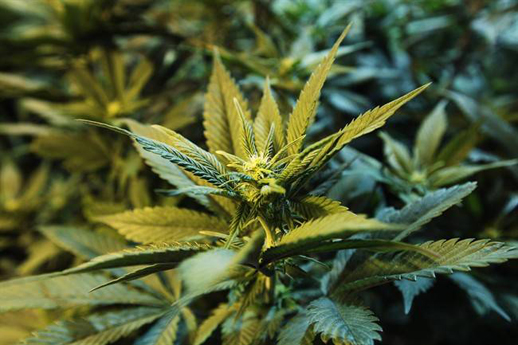
Although a low priority on the incoming Liberal Party’s governmental agenda, there are two iconic election promises — both with broad popular support — which will serve to determine whether incoming Prime Minister Justin Trudeau will be viewed by Canadians as a man who keeps his word, or is a politician who promises a feast, and delivers only thin gruel.
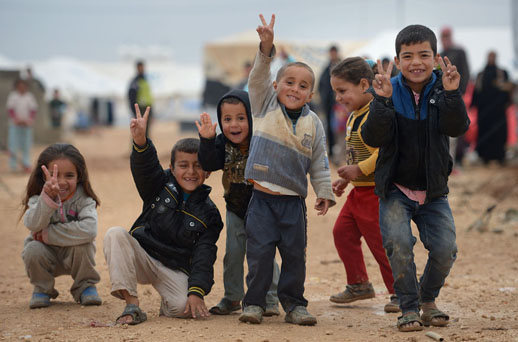
Make no mistake, there is a great deal on the incoming government’s legislative agenda, promises Canadians will want to see kept: sustaining home mail delivery; resettling 25,000 Syrian refugees by year’s end; modifying Bill C-51 (anti-terrorism legislation) to satisfy civil libertarians (and most Canadians), while implementing robust national security oversight; cancelling the delivery of the F-35s in favour of less expensive fighter jets; restoring the retirement age to 65, while working with the Premiers on a reform of Canada’s pension plan to ensure no senior lives in poverty; comprehensive reform of Canada’s access-to-information process; appointment of an independent, arm’s length federal Commissioner to oversee expenditure of monies on advertising, ensuring that the ads are not partisan; and, in addition, establishing an independent commission to organize leaders’ debates in time for the next federal election, in 2019.
And let’s not forget the $10 billion annual expenditure on new spending on infrastructure — transit and more — a top priority for the new government.
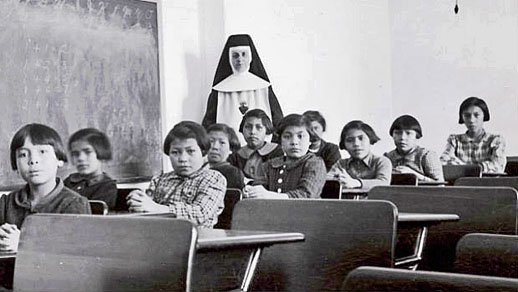
As if the above was not enough, Justin Trudeau and the Liberal Party also made election commitments on: reform of the Senate and the Supreme Court appointment process; ensuring free votes for MPs on legislative items other than confidence bills, fulfillment of platform commitments, or “matters pertaining to our shared values and the protections guaranteed by the Charter”; redefining House of Commons’ procedural standing orders to prohibit omnibus bills; empowering and enriching Parliamentary Budget Office oversight; restoring the mandatory StatsCan long-form census; establishing “a pan-Canadian framework for combating climate change” within 90 days of the Paris conference that begins on November 30th; renewing Canada’s commitment to peacekeeping operations; immigration reform to enhance family re-unification; for aboriginal peoples: enacting the recommendations of the Truth and Reconciliation Commission, adopting and implementing the UN Declaration on the Rights of Indigenous Peoples, closing the aboriginal educational achievement gap, working towards the elimination of the over representation of aboriginal people in custody, ensuring the provision of clean water on reserves and the introduction of a programme to build housing, and the establishment of a federal inquiry into missing and murdered aboriginal women; and, restoring and increasing funding for the arts, as well as for the Canadian Broadcasting Corporation.
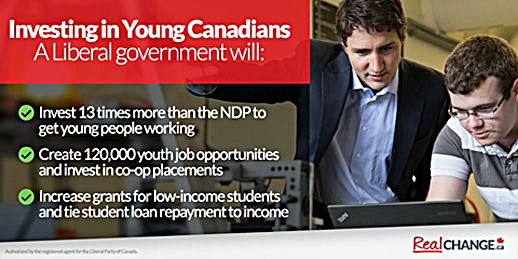
All of the “promises” above, to be turned into federal legislation, constitute much less than half of the 180 commitments made to Canadians by Justin Trudeau and the Liberal party during the recent 78-day election campaign.
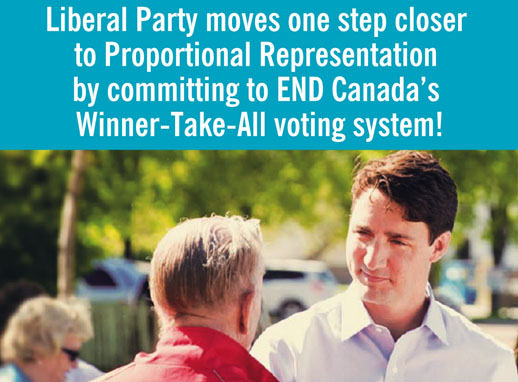
On Wednesday morning, November 4th at 10:30 a.m. EST, the newly elected Liberal Party of Canada majority will be sworn into Canada’s 43rd Parliament as Canada’s government, as the Right Honourable Justin Pierre James Trudeau becomes Canada’s 23rd Prime Minister, working alongside a Cabinet of trusted colleagues, twenty-eight Ministers of the Crown who will form government, and rule as the governing party of our nation.
Prime Minister-designate Trudeau, in a press conference held last week in the House of Commons Press Gallery Theatre (the first press conference of its kind in more than eight years) told the assembled press, and Canadians, in the moments following the swearing-in ceremony announcements will be made respecting the fufillment of Liberal party election commitments.
Despite the naysayers, both within and outside government, the first commitment to be filled will be the transport of 25,000 Syrian refugees to Canada before year’s end, to be housed on the ten Canadian armed forces bases across Canada. There will also be an official announcement that the Premiers of the ten provinces and the Territories, and the leaders of Canada’s opposition parties, will accompany the Prime Minister as delegates to the Paris Climate Change Conference, that begins at the end of the month. Mr. Trudeau is likely to announce that the House will be called back into session in the second week of December, for a brief session of Parliament where the government will move to act on its legislative agenda.
At the top of the government’s December legislative agenda: implementation of the promised “middle class tax cut”, in order that such legislation might become policy, effective January 1, 2016.
Next on the government’s agenda: the formation of two Parliamentary committees, both of which are to report out on February 16, 2017: 1) an all-party committee on democratic reform, leading to a recommendation on the implementation of a form of proportional representation to be legislated as government policy governing the 2019 federal election; and 2) an all-party committee to provide recommendations on the implementation of a framework for the introduction of detailed and specific legislation on the legalization and regulation of marijuana in Canada, such groundbreaking legislation to be introduced in the 2017 spring session of Parliament.
Informed pundit speculation has it that Prime Minister Trudeau will announce a mid-winter session of Parliament — as early as mid-February, although that seems early to this writer — at which time the government will announce in the Speech from the Throne their legislative agenda for the term, followed by the announcement of the date for the introduction of the budget by the new Finance Minister (currently speculated to be either Liberal member Parliament for Toronto University-Rosedale, Chrystia Freeland, or recent Liberal Party Finance critic and Liberal member of Parliament for Nova Scotia Kings-Hants (formerly Annapolis Valley-Hants, a rural locale with which VanRamblings is intimately familiar), Scott Brison.
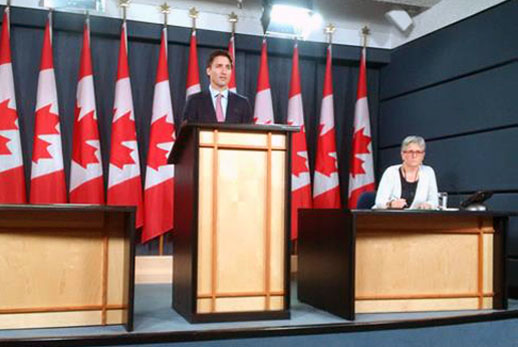
Prime Minister Trudeau must be seen to be running an open government, and continue to be accessible (he’s their best salesman). As above, there are some hopeful early signs: holding an open press conference in the Parliamentary Press Theatre, and announcing to President Obama that Canadians troops will be pulled out of the Middle East before year’s end.
Make no mistake, the process of change will be slow, slower than most Canadians would wish, but as was the case with former Liberal Prime Minister Jean Chrétien — who implemented 78% of his promised Red Book agenda early in his first term of office — change will come.
Make no mistake, either, the government’s honeymoon will be short-lived as Mr. Trudeau and his Ministers will most assuredly be given a rough ride by the opposition, and by the media. Tom Mulcair, as leader of the New Democratic Party, and whoever it is the Conservative Party caucus chooses as their interim leader this upcoming Thursday, as well as whoever becomes the new leader of the Bloc Québécois, and re-elected leader of Canada’s Green Party, Elizabeth May, will hold the government to account, on behalf of and in the interests all Canadians, from sea to sea to sea.
Now is a time of hope, and change. Mr. Trudeau, don’t break our hearts.